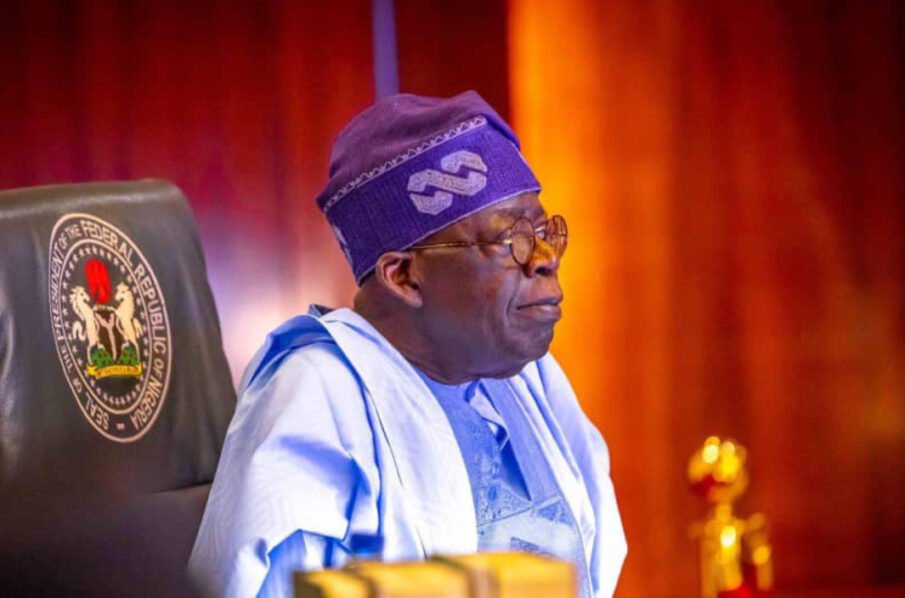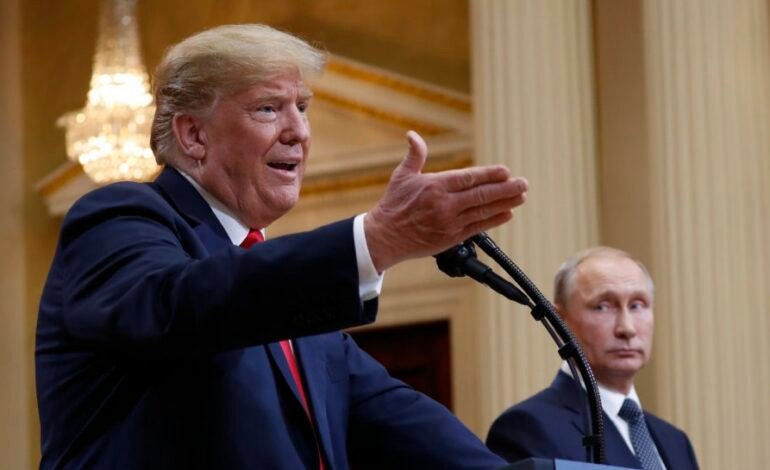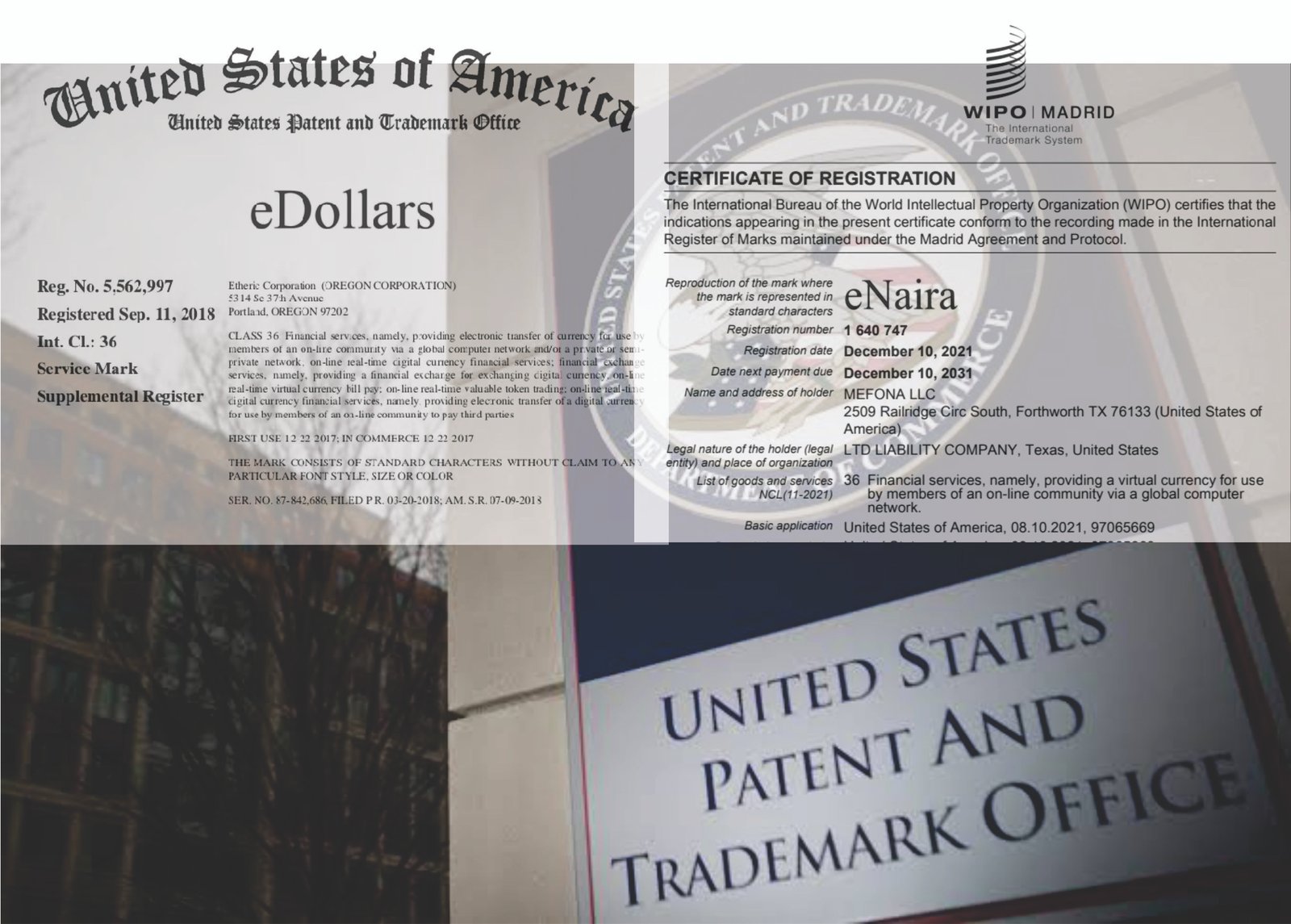Basil Odilim
In life, there’s a simple truth: what you know, you know; what you don’t know, you don’t know. However, if you desire and work hard to learn, you can gain knowledge. Conversely, if you lack interest in understanding something, it will remain beyond your grasp. This paradox, both simple and complex, defines human existence. Over time, whatever you focus on becomes familiar. But what happens when that focus is misguided, especially in the intricate world of global geopolitics?
Consider Donald Trump and his approach to the volatile geopolitical landscape. Take the Ukrainian War, for instance. What would Trump tell Putin? Would he demand that Putin withdraw from Ukraine, despite the crucial geopolitical significance that Ukraine holds for Russian defense and security? Ukraine is not just another piece of land for Russia; it is a strategic buffer state essential to Russia’s national security. For Putin, relinquishing control over Ukraine would be seen as a severe compromise to Russia’s defensive strategy.
But beyond the immediate conflict, does Trump fully grasp that Putin has long been uneasy about the way the Soviet Union collapsed, with America playing a major role in its dissolution? This is not merely a historical grievance for Putin but a driving force behind his current geopolitical strategy. He has described the collapse of the Soviet Union as the “greatest geopolitical catastrophe” of the 20th century, and this sentiment deeply informs his actions on the global stage. Understanding Putin’s agenda requires acknowledging that he seeks to restore, if not the Soviet Union itself, then at least Russia’s influence over the territories that were once under Soviet control, including Ukraine.
The question then becomes: What could Trump possibly offer to convince Putin to abandon Ukraine? It’s hard to imagine any incentives that would outweigh Russia’s deep-seated concerns about NATO’s eastward expansion and the loss of influence in a region so close to its borders. Promises of economic cooperation or lifting sanctions might not be enough, especially considering the high stakes for Russia in maintaining control over Ukraine. Without a deep understanding of these geopolitical complexities, Trump’s approach could falter, leaving the situation even more intractable.
Furthermore, what does Trump know about BRICS—a coalition of emerging economies that includes Brazil, Russia, India, China, and South Africa? His silence on this crucial alliance suggests very little. Meanwhile, Saudi Arabia, the epicenter of Islam, has become a prominent BRICS member, positioning itself to challenge the U.S. dollar’s status as the universal reserve currency. There are even hints that Saudi Arabia might sell its oil in its own currency or the Chinese yuan, which would drastically reduce the dollar’s global influence.
As China and Russia rapidly strengthen their geopolitical ties across Africa, Trump has adopted a rhetoric that degrades Africans and their leaders, even suggesting mass deportations of Africans from the United States. Yet America, now more than ever, needs the support of both Asia and Africa. Trump’s approach risks making these regions victims of his foreign policy rather than valuable allies.
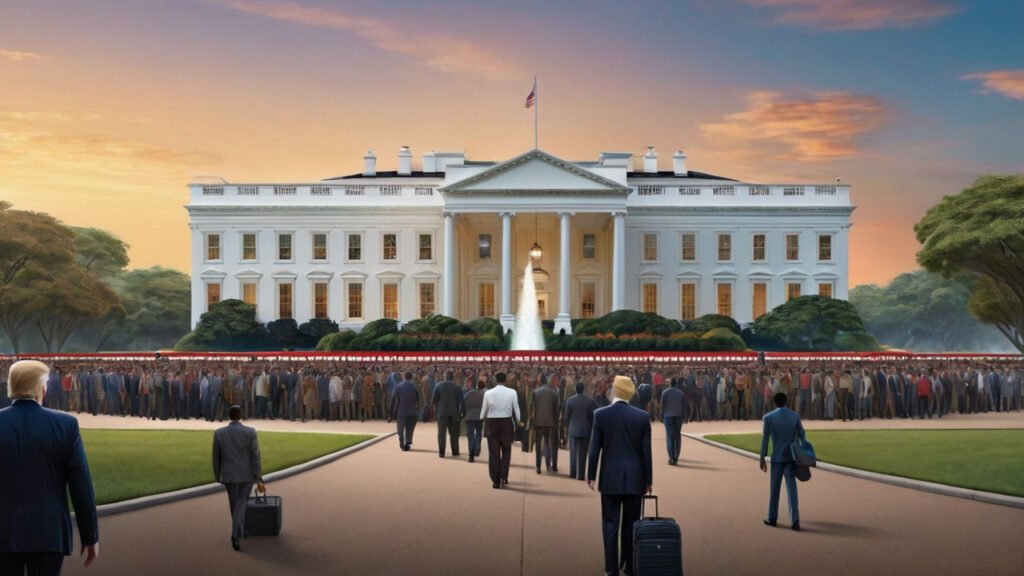
Moreover, how can America truly be made great if it engages in the largest deportations in history? Such actions would not only damage the country’s global reputation but also alienate crucial allies and trading partners. Deporting large populations en masse would likely be seen as an act of hostility, driving a wedge between the U.S. and other nations, particularly those in regions like Latin America, Asia, and Africa, whose ties to the U.S. are already strained.
If the goal of “making America great again” is pursued through a narrow, simplistic vision of economic nationalism, the consequences could be dire. One of the most significant risks is the potential for America to become isolated on the global stage, beginning with the abandonment of the U.S. dollar as the international currency for the exchange of goods and services. This shift would undermine America’s economic influence, as nations might seek alternatives that better align with their interests in a rapidly changing world.
Rather than threatening war with Iran, America should work harder to resolve the Israeli-Palestinian conflict, which has long fueled tensions in the Middle East. The failure to address this conflict has forced Arab nations to look for alternatives to American leadership—an opportunity that China and Russia are eagerly exploiting through increased military and economic cooperation with these nations. By focusing on resolving this conflict, the U.S. could strengthen its ties with Arab nations and counter the growing influence of its global rivals.
These are just a few of the potential pitfalls and traps Trump may unknowingly lead America into. His approach to geopolitics, characterized by oversimplification and contradiction, risks isolating the United States on the world stage, leaving it vulnerable in a rapidly changing global landscape. If Trump does not fully understand Putin’s Soviet Union agenda, the complex dynamics of BRICS, or the strategic significance of alliances with nations across Africa and Asia, he may lead America into an era of unprecedented isolation and decline, rather than the greatness he promises.
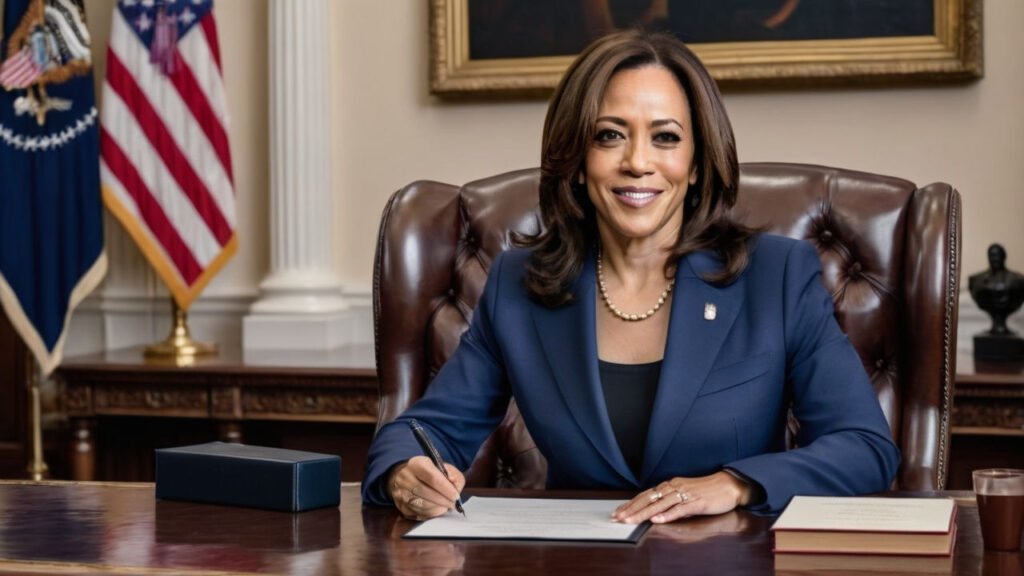
This is why, rather than pursuing a white supremacist agenda that alienates and divides, America needs a new direction—one that embraces the proposed Harris Global Peace Movement. This initiative aims to extend a hand of friendship to both allies and adversaries, using soft power to build bridges rather than walls. By prioritizing diplomacy, inclusivity, and global cooperation, America can secure its leadership on the world stage, not through domination, but through partnership and mutual respect. The Harris Global Peace Movement represents a path toward a more peaceful and prosperous future, where America leads by example, fostering unity and understanding in a world that increasingly demands it.




